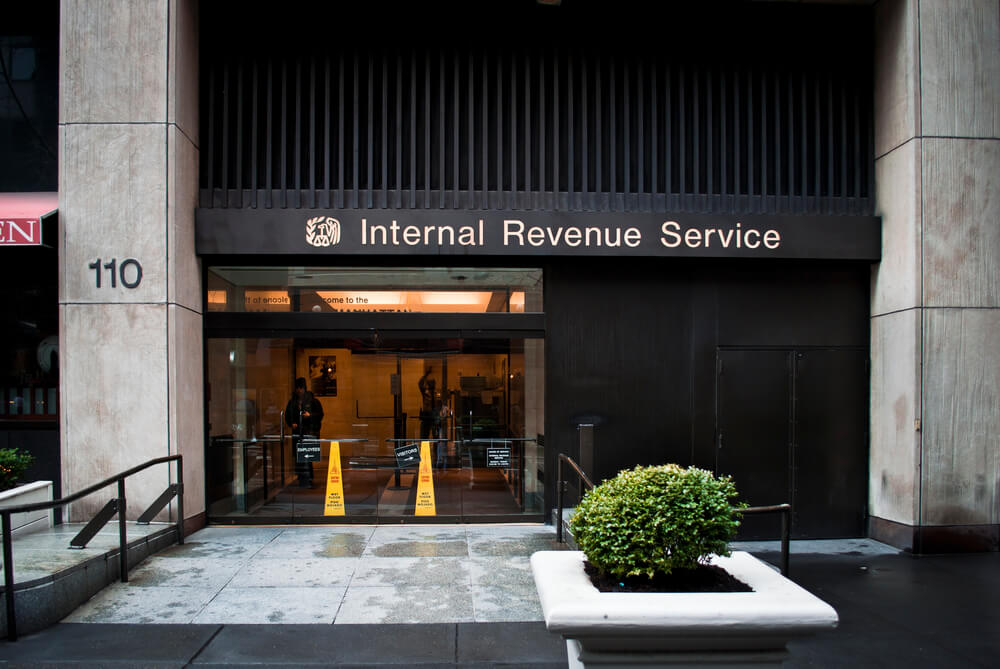IRS Schedules K-2 and K-3, which were new for 2021, may need to be completed to include items of international tax relevance from the operations of a pass-through entity.
If an entity has international financial activity –– which could be as simple as holding investments that pay foreign taxes –– it may be required to report on these schedules if it files:
- Form 1065, S. Return of Partnership Income
- Form 1120-S, S. Income Tax Return for an S Corporation
- Form 8865, Return of U.S. Persons With Respect to Certain Foreign Partnerships
Schedules K-2 and K-3 replace, supplement, and clarify the reporting of certain amounts formerly reported on a partner’s or shareholder’s Schedule K-1 as foreign transactions. These schedules are longer and require additional time to complete.
There is a new exception for filing and furnishing Schedules K-2 and K-3 for the 2022 tax year. To qualify for this exception, the entity must meet all the following criteria:
- No or limited foreign activity (this can include foreign taxes paid or accrued of $300 or less)
- For entities filing as a partnership, all the direct partners must be U.S. citizens or resident aliens.
- Partners/shareholders should be notified that Schedule K-3 will not be provided at the latest when the entity furnishes them the Schedule K-1.
- The entity does not receive any requests for Schedule K-3 information on or before one month before the tax return is due. For calendar year returns, the latest date would be Aug. 15, 2023. (Please let us know if you receive any such requests.)
The new standardized format assists pass-through entities in providing partners or shareholders with the information necessary to complete their returns with respect to international tax aspects and allows the IRS to verify tax compliance more efficiently. Failure to file such forms or properly provide these information statements to partners or shareholders can result in significant penalties.
Please contact our office today at [email protected] with any questions.

